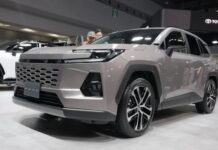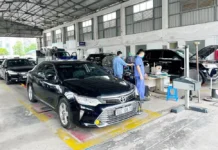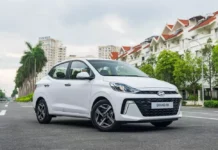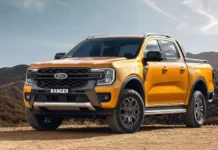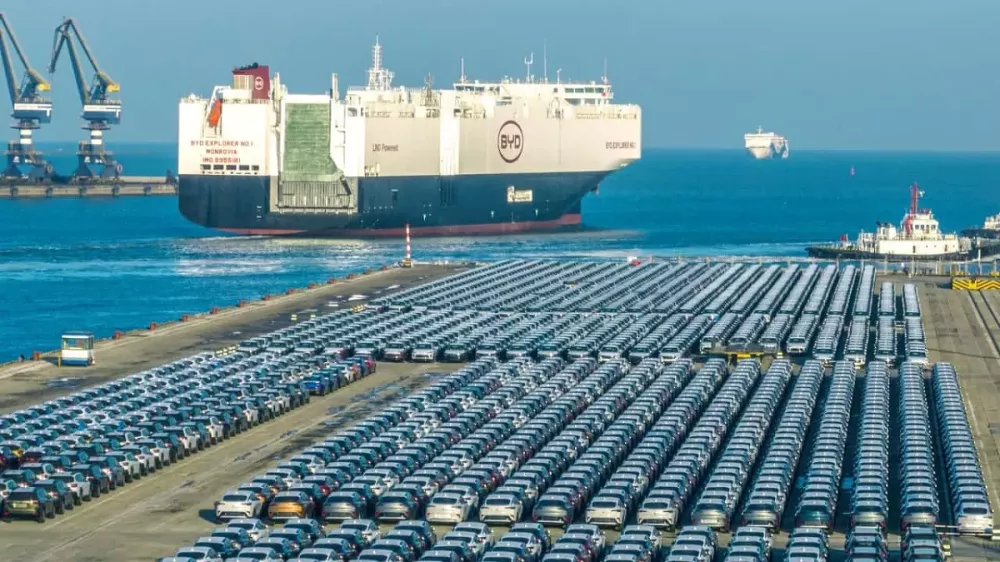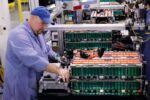China’s Cheap EVs Swamp Europe as Demand Fails to Keep Up
The threat from low-cost Chinese electric vehicles has governments in Europe and the US worried. So far, US tariffs on Chinese EVs stand at 27.5%. This has kept virtually all Chinese EVs out of the US market. In February 2024, Senator Josh Hawley introduced a bill to increase tariffs to 100% on Chinese EVs to protect American autoworkers.
Europe has no such tariff wall. However, the European Commission is looking at ways to respond to the anticipated flood of cheap Chinese EVs. The lack of high import tariffs has encouraged Chinese manufacturers to target Europe as a place to literally ship boatloads of EVs.
According to the Financial Times, Chinese automakers are shipping more electric vehicles to Europe than they can sell. This has resulted in thousands of them sitting at ports. Port operators are unhappy because the surplus of cars is impeding other operations at the ports. Some have even said the ports are becoming parking lots for new Chinese EVs.
Port officials say the Chinese EVs are clogging up their facilities because they are not being picked up and delivered to dealerships after arriving. Cars from China are showing up at ports without a clear destination, according to the Port of Antwerp-Bruges, Europe’s busiest port for car imports.
“Increasingly, car importers are using port terminals more as inventory storage,” an Antwerp-Bruges port official told the Financial Times. According to supply chain experts and automotive executives on the ground, Chinese vehicles are not moving fast enough, with some sitting for up to 18 months before they either find a buyer or get shipped elsewhere.
Speaking to the Financial Times, Cui Dongshu, secretary-general of the China Passenger Car Association, said Chinese automakers are having trouble booking inland transport for the vehicles once they are in Europe. He also noted that this “guerrilla warfare” approach to exporting cars could leave Chinese automakers “in a passive position.” By this, Cui meant that Chinese automakers were not able to sell their entire production at home so were looking to Europe to take the overflow.
Supply outstrips demand
The buildup of cars at European ports is happening as Chinese automakers such as BYD, XPeng, and SAIC ramp up exports to the continent. It is part of an effort to keep factories running and to capitalize on European demand for cheaper Chinese electric vehicles. The number of Chinese-made EVs exported to Europe has increased by 58% this year compared with last year, with the bulk going to ports in Belgium, the UK, Germany, and the Netherlands.
Brands such as BYD are building up staff in Europe from scratch and working out the logistical challenges on the ground. According to people grappling with the logistics, they have struggled to find hauliers to prioritize their vehicles because Chinese EVs are relatively new to the European market.
Chinese automakers appear to be suffering from a shortage of trucks and drivers to move cars from the arrival ports to inland distribution hubs or dealerships. It seems that established haulage companies prefer to work with and prioritize clients with whom they have long-standing relationships. “The lack of trucks” is a common problem because most are busy moving cars for other brands like Tesla, an industry source told The Street. “Any new brand will have this issue, if you are not a big volume, regular shipper you are not their top priority,” the source said.
Compounding the problem is the fact that the German government ended electric car subsidies at the end of 2023. Demand for electric cars has slowed since then. The Chinese government has also pulled back on EV subsidies, slowing sales in China and adding to the pressure on domestic manufacturers.
According to industry executives, some Chinese EVs have been sitting at European ports for up to 18 months. Some ports are now requiring importers to show proof of onward shipping.
What Chinese companies seem to be doing is producing as many cars as possible without regard to demand. This has led some observers to recall the time a few years ago when hundreds of thousands of bicycles were abandoned in Chinese cities as bike-sharing companies rushed to gain market share with little regard for the consequences.




